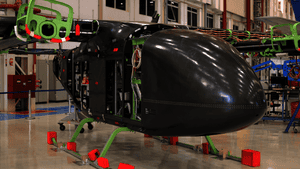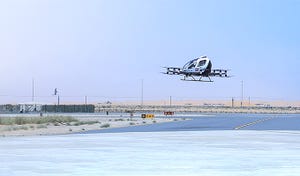DOE Awards $24 Million for Quantum Network Research
Quantum networking aims to enable effective interconnections between quantum devices
September 8, 2023
.png?width=850&auto=webp&quality=95&format=jpg&disable=upscale)
The U.S. Department of Energy (DOE) is awarding $24 million in funding to three collaborative projects in quantum network research.
Realizing distributed quantum computers requires linking scientific research infrastructure with quantum networks. Quantum computers can simulate complex scientific processes inaccessible to current computational platforms, integrate quantum sensors that promise measurements of unprecedented precision and address previously inaccessible scientific questions of importance.
One project funded under the initiative will use a variety of different technologies to design quantum networks that can be scaled up to accommodate more users. Argonne National Laboratory leads this, partnering with Northwestern University, University of Chicago, University of Illinois at Urbana-Champaign, and Fermi National Accelerator Laboratory.
Another project will develop the architecture and protocols for a quantum internet that can be scaled up to meet the demands of future applications.
Oak Ridge National Laboratory leads the project in partnership with the University of Massachusetts Amherst, University of Arizona, and Arizona State University.
The third project aims to develop networking techniques that use entanglement to correct errors in quantum networks, making the quantum networks suitable for scientific discovery. Fermi National Accelerator Laboratory leads this project with the California Institute of Technology, University of Illinois at Urbana-Champaign, Northwestern University, and Argonne National Laboratory.
“Advances in quantum networking are enabling effective interconnections among multiple quantum devices,” said Ceren Susut, DOE acting associate director of science for advanced scientific computing research.
“However, realizing scalable infrastructures for quantum information flows demands advancements in devices, error mitigation techniques, and new quantum network architectures and protocols.”
This article first appeared on IoT World Today's sister site, Enter Quantum.
About the Author(s)
You May Also Like







.png?width=300&auto=webp&quality=80&disable=upscale)
.png?width=300&auto=webp&quality=80&disable=upscale)